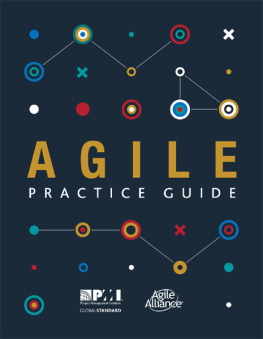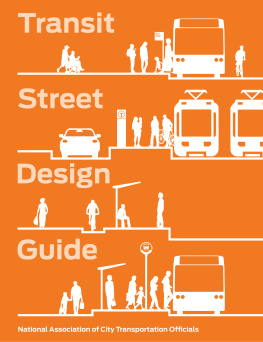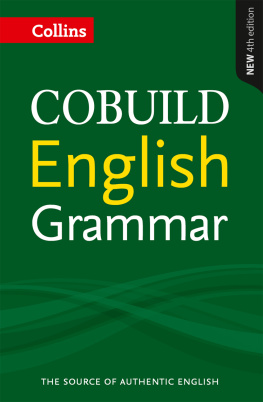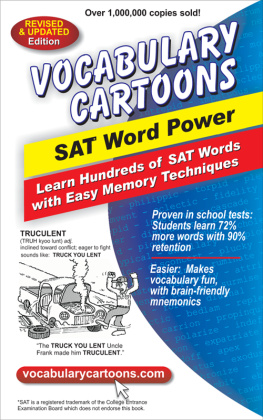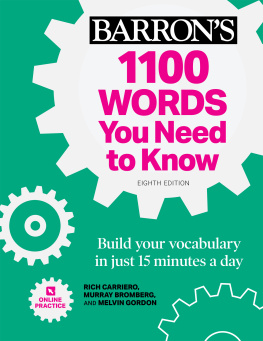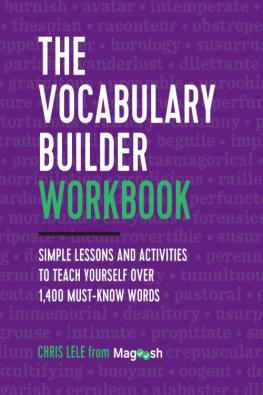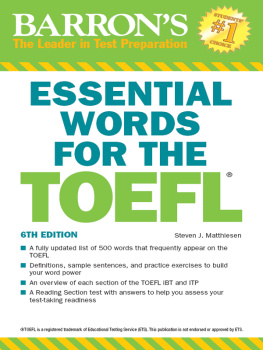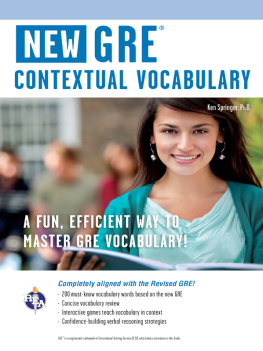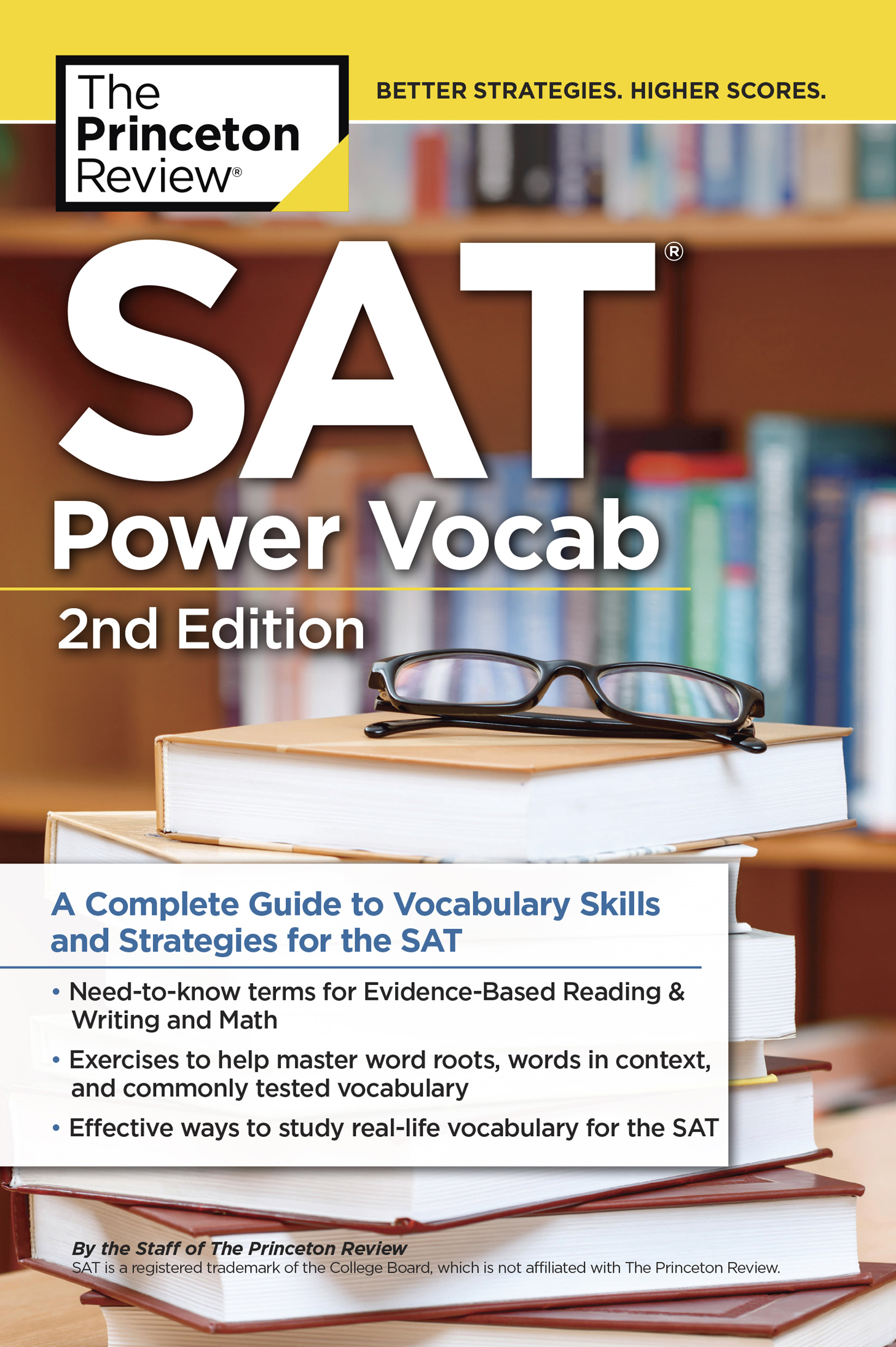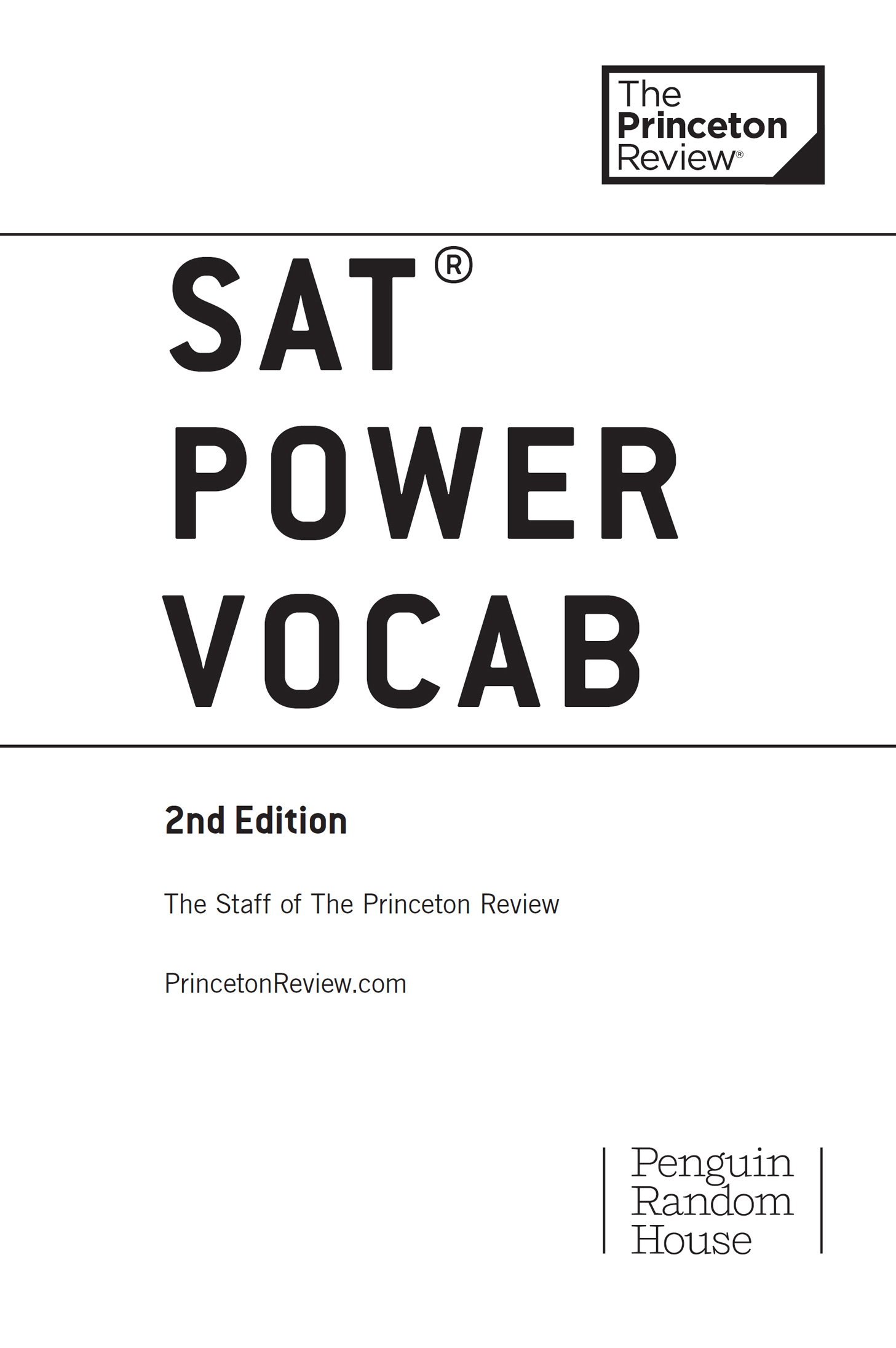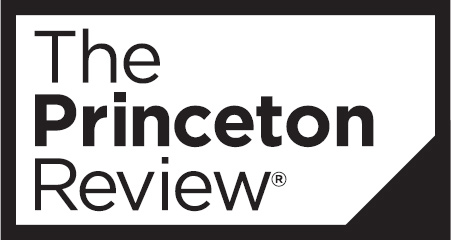The Princeton Review would like to thank Jonathan Chiu and Gina Donegan for their fantastic work on this edition. Thanks also to everyone who contributed to the creation of this book: Debbie Silvestrini, Craig Patches, Kathy Carter, and Liz Rutzel.
Special thanks to Adam Robinson, who conceived of and perfected the Joe Bloggs approach to standardized tests and many of the other successful techniques used by The Princeton Review.
Register Your Book Online!
Go to PrincetonReview.com/cracking
Youll see a welcome page where you can register your book using the following ISBN: 9780451487551
After placing this free order, youll either be asked to log in or to answer a few simple questions in order to set up a new Princeton Review account.
Finally, click on the Student Tools tab located at the top of the screen. It may take an hour or two for your registration to go through, but after that, youre good to go.
If you are experiencing book problems (potential content errors), please contact with the following information:
your full name
e-mail address used to register the book
full book title and ISBN
your computer OS (Mac or PC) and Internet browser (Firefox, Safari, Chrome, etc.)
description of technical issue
Once youve registered, you can
Find any late-breaking information released about the SAT
Download and print the end-of-chapter word lists found in this book, as well as the Glossary of need-to-know terms
Check out articles with valuable advice about college admissions
Sort colleges by whatever youre looking for (such as Best Theater or Dorm), learn more about your top choices, and see how they all rank according to The Best 381 Colleges
Check to see if there have been any corrections or updates to this edition
Offline Resources
Reading and Writing Workout for the SAT
Word Smart
More Word Smart
Introduction
Why You Need This Book
If youre reading this book, chances are you are preparing to take a major standardized test such as the SAT. Or perhaps you have already taken the SAT and will be taking it again in hopes of achieving a higher score. You may have heard that the SAT no longer tests vocabulary, but this is not entirely accurate. It is true that the SAT does not test as much vocabulary as it once did, but here at The Princeton Review we know that students with a strong vocabulary tend to get better scores. Why?
The College Boards SAT underwent a major change in March 2016. Prior to 2016, there were many questions (called Sentence Completions) that explicitly tested difficult vocabulary words. And if you go back further in time to when your parents took the test, for example, there were even more vocabulary-based questions, such as word analogies. In March 2016, Sentence Completions were removed from the SAT, and the entire Verbal portion of the exam was said to test only reading and grammar skills.
The dirty little secret about the SAT, however, is that you still need a strong knowledge of vocabulary in order to score well. Difficult words still appear in many Reading passages, questions, and answer choices, and if you dont know these words, you will probably struggle. The SAT contains at least 1015 words that the average student may not knowwhich could be the difference between answering a question correctly and getting stuck.
At The Princeton Review, we know the SAT like the backs of our hands. We know what words you are likely to see on the SAT and which words you will not. More importantly, we know some effective strategies for learning unfamiliar vocabulary that do not require long hours spent memorizing endless lists of difficult words.
A Strong Vocabulary Is Good for Your Brain
You may be thinking, There is more to life than a score on a standardized test. Yes, we agree. Although we eat, sleep, and breathe bubble sheets and #2 pencils, we do occasionally venture into the real world. And, yes, you guessed it: Vocabulary is useful there, too.
The English language is impressive in its variety. Unabridged dictionaries can contain as many as 600,000 words, but if you count the myriad of technical words found in disciplines such as science, medicine, engineering, and law, there are likely about one million English words. None of us can learn all of thesenor do we need tobut the more words you know, the more you will understand the world around you. When a news anchor says that a bill has bipartisan support in Congress, you will be a more engaged citizen if you know what bipartisan means. (It means that both political parties support the legislation.)
A complaint we often hear from students is that the English language is too complex. For instance, why are there at least seven synonyms for friendly (affable, amiable, amicable, amenable, cordial, genial, solicitous, and so on) when we could all just say friendly? For the same reason there are there at least a million songs available to download when you could just listen to the same Beyonc song all day. Variety is the spice of life!
Convinced yet? Well, what if we told you that having a stronger vocabulary can actually make you smarter? How can we make such a bold claim?
Psychology researchers Betty Hart and Todd Risley conducted an important study on preschoolers nearly 30 years ago. The study was simple: They counted the number of words that the preschoolers heard in their everyday lives from parents, siblings, playmates, television, and so on. They then tracked these children throughout the rest of their childhoods and measured how well they performed in school and, later, whether these children went to college, where they went to college, and what careers they pursued.




